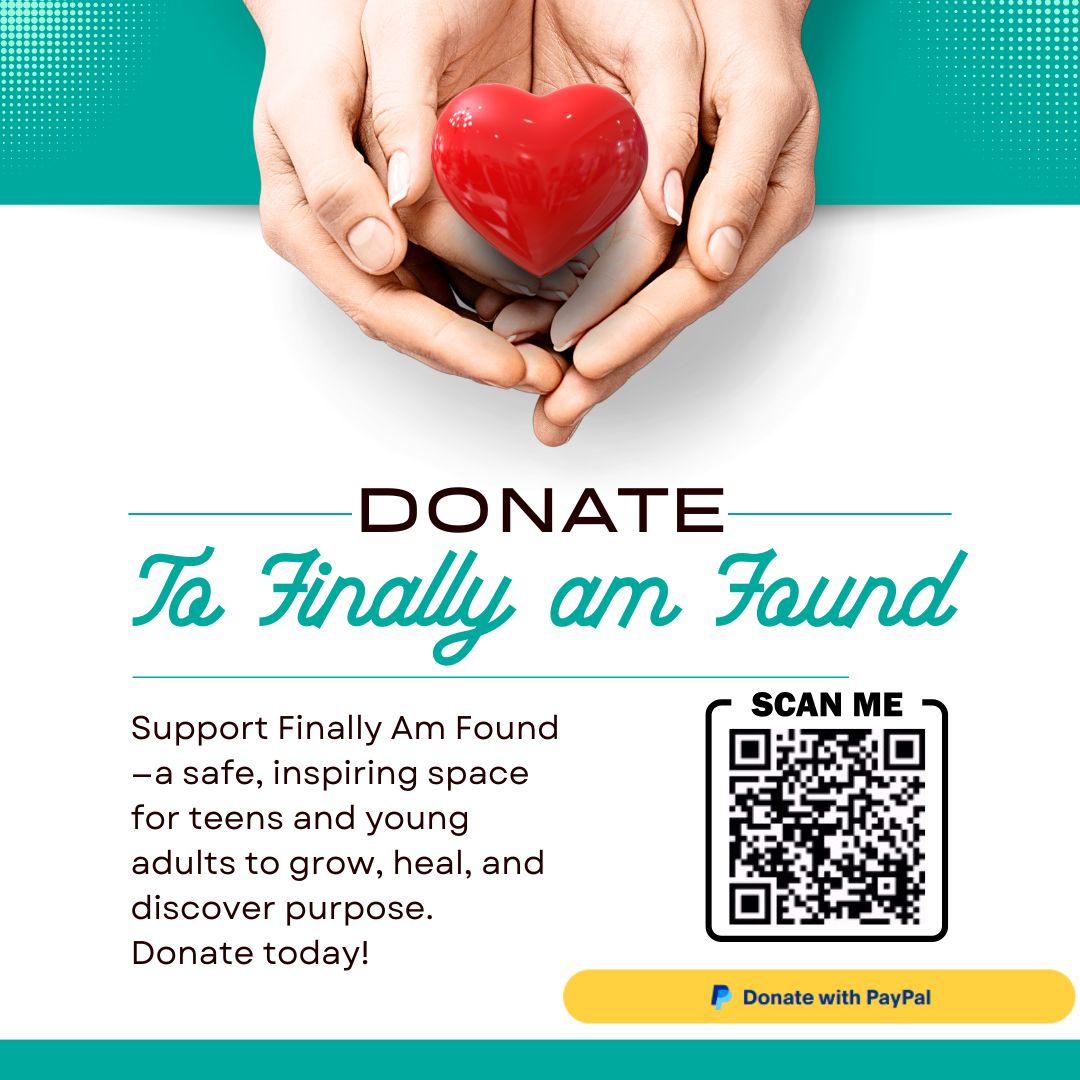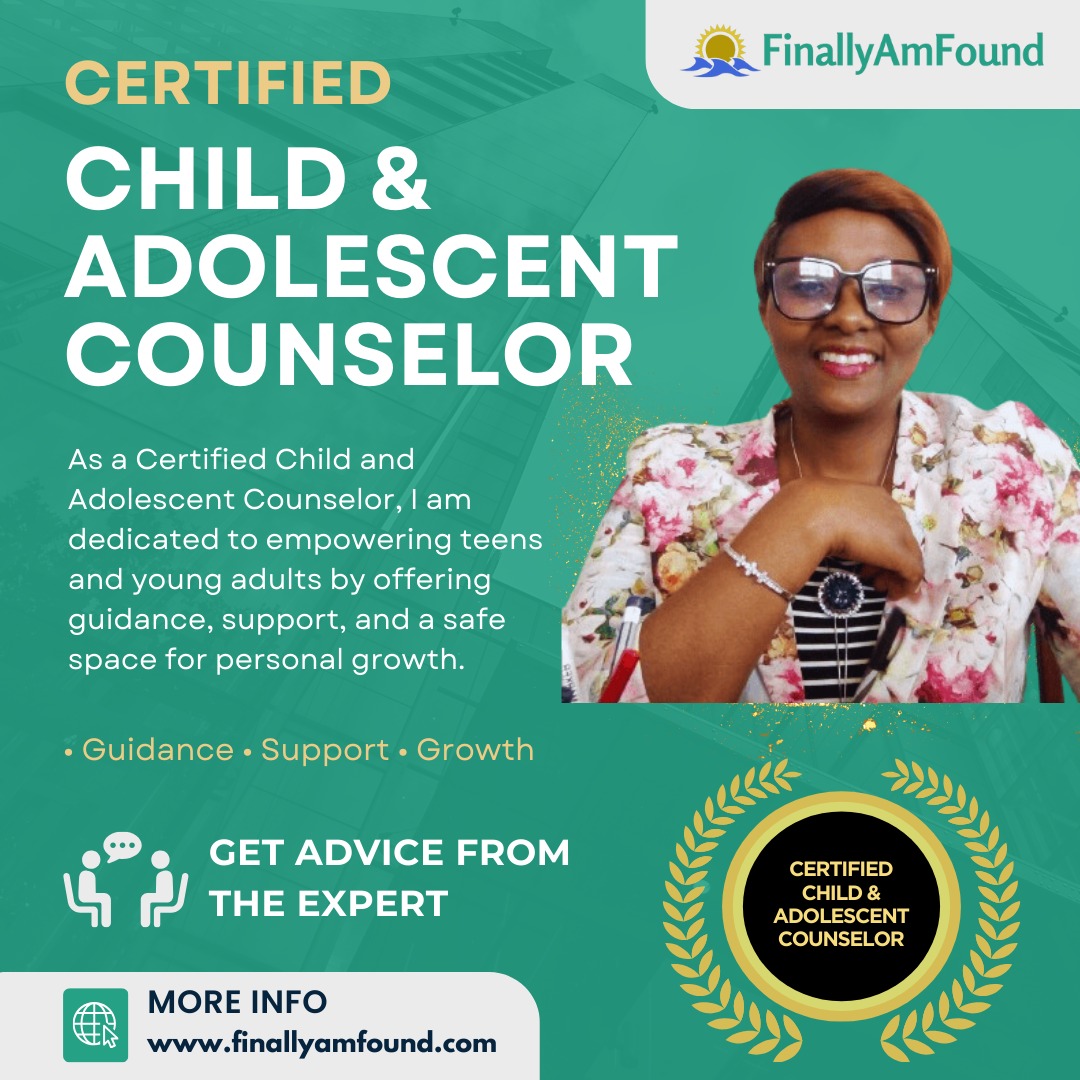We aim to address the issue of depression by focusing on preventive measures that are often overlooked, particularly in young adults. This demographic is of particular concern due to the significant impact of depression on their daily functioning, academic or professional performance, and relationships with peers and family. This impact often results from a lack of preventive knowledge and coping mechanisms for issues such as hormonal changes, life transitions, academic pressure, social pressures, and traumatic experiences.
Depression vs. Feeling Depressed
Depression is a term that has lately been misused because there is a difference between feeling depressed and having depression. Clinical depression is a real mood disorder marked by persistent hopelessness and sadness lasting over two weeks. Feeling depressed, on the other hand, is a temporary emotional state common in every human being, triggered by various life events or factors such as stress, loss, disappointment, hormonal fluctuations, chronic illness, etc.
The Impact of Depression on Life
Depression is a pervasive darkness that can consume the mind, casting doubt and despair. It dims life’s colors, making even the simplest tasks feel overwhelming. The world seems distant, and joy feels out of reach. Isolation and hopelessness can be overwhelming, even when surrounded by loved ones. Seeking help can be daunting, but beneath the despair, there’s often a glimmer of hope and resilience.
The Complexity of the Human Brain
The human brain is incredibly complex, far more so than anything else in the known universe. With over 100 billion nerve cells and 100 trillion connections, it’s capable of performing 50,000 trillion operations per second. To put that in perspective, counting every leaf in a rainforest wouldn’t come close to 100 trillion. Even the most powerful computers fail in comparison to its capacity, which is believed to be limitless. It’s so intricately designed that we don’t fully understand how it works, even surgeons who operate on it.
While the brain can achieve incredible things when functioning well, it can also malfunction, leading to conditions like depression and stress. These maladies can significantly impair cognition and emotional regulation, highlighting the brain’s dual nature as both a powerhouse of human potential and a delicate system vulnerable to dysfunction.
A Holistic Approach to Depression
A holistic approach that combines therapy, lifestyle changes, social interconnectedness, and preventive education may well construct a formidable defense against the tide of depression. While the brain can be fragile, it also holds the capacity for remarkable recovery and growth.
Depression as Anger Turned Inward
Depression can be seen as anger turned inwards, while anger can be viewed as depression turned outwards. In many cases, depression is linked to negative experiences in the past. This suggests that individuals may suppress or internalize their emotions, potentially as a coping mechanism, which can manifest as depression.
The Science of Depression: Brain Chemistry
Depression is located in the brain, not in the muscles or heart. It resides in the brain, where nerve connections come close to each other but don’t actually touch. There’s a small gap between them called a synapse. When a nerve signal reaches the end of one nerve, it releases chemicals into the synapse, which then transmit the signal to the next nerve.
Drug companies are interested in this area because they believe that increasing the amount of neurotransmitters in the synapse can help alleviate depression, which they theorize is caused by a chemical imbalance in the brain. They aim to help manage symptoms of depression. Unfortunately, the number of people suffering from depression keeps increasing. If one method is not working, it’s important to consider more options and go back to the basics. It is essential to approach mental health issues with empathy and a desire to help, rather than judgment. We all have a part to play in eliminating this.
Diet and Mental Health
Food has the power to both harm and heal us. It can contribute to health problems or promote well-being, depending on the choices we make.
The human body is home to trillions of microorganisms, collectively known as the microbiome (good bacteria). A significant portion of this microbial community resides in the digestive tract, particularly the gut. The gut microbiome, influenced by various factors including diet, plays a crucial role in producing neurotransmitters including serotonin, dopamine, and gamma-aminobutyric acid (GABA), which affect mood and cognition.
The Gut-Brain Connection
The bacteria in your gut can affect the network that connects your digestive system to your central nervous system. Problems in this network have been linked to various mental health conditions such as clinical depression, anxiety, dyslexia, and some autism spectrum disorders.
It is commonly said that having a leaky gut may lead to a leaky brain. Refined wheat and sugars are the primary culprits in disrupting gut and overall health, including mental health. These are known as inflammatory foods or gut irritants, and they are also very addictive. White bread, chapatis, white ugali, pastries, pasta made from refined flour, many commercial breakfast cereals, unhealthy fats, certain crackers and snack foods, along with refined sugars found in sugary drinks like soda, energy drinks, sweetened tea, candy, baked goods, and even natural sweeteners like honey and syrups, all contain high amounts of sugar and refined carbohydrates. This can lead to an overgrowth of harmful bacteria, contributing to inflammation, digestive problems, and potentially mental health issues.
Maintaining a Healthy Gut
Work on maintaining a healthy gut by reducing or eliminating gut irritants that interfere with neurotransmitter production and their transportation to the brain. They are essentially worthless and can be replaced with healthier options, starting small and taking one step at a time.
Consuming a variety of foods, including fiber-rich vegetables, fruits, whole grains, and fermented products like raw fermented cabbage (easily made at home) or kefir, can promote the growth of beneficial gut bacteria and balance the gut’s pH because they have high probiotic content. These bacteria can produce short-chain fatty acids, which have been shown to have positive effects on mental health, as the brain is the largest fatty organ. Herbal teas and fresh-blended fruit juices can serve as healthy substitutes for unhealthy drinks.
Did you know that bananas are rich in an amino acid called tryptophan? Tryptophan is a precursor to dopamine and serotonin, the neurotransmitters that make us feel good.
Healthy Choices to Support Brain Function
Here are some healthy choices that can positively impact the brain and its functions:
Work on Your Stress
If your mind wanders, gently bring your attention back to your breath. High levels of cortisol increase sugars in your body. The cortisol-sugar connection can also contribute to mood swings, anxiety, and irritability.
Childhood Traumas
If your parent is alive, or whoever hurt you, open up to him or her. Let them know what hurt you, how they wronged you. Cry if you have to. Your closest family loves you. Also, talking about your feelings and experiences can help you process them. It allows you to express emotions that might otherwise stay bottled up, reducing stress and anxiety.
Seek Help from a Trauma-Informed Therapist
A trauma-informed therapist can be invaluable for understanding and processing traumatic experiences. They can help identify triggers, develop coping mechanisms, and provide a supportive environment to work through difficult emotions, ultimately preventing the development of further mental health conditions.
Practice Pure Air Nose Breathing
Deep breathing of pure air through your nose increases oxygen intake (it’s like pushing air to your lower abdomen). This means 18 times more oxygen reaches our cells, providing 18 times more energy. Our body has 100 trillion cells, and the brain alone has 1 trillion cells. When each brain cell gets enough oxygen, it produces 36 units of energy, which is 18 times more energy. This helps the prefrontal cortex function optimally (functions include decision-making, problem-solving, planning, attention, and working memory). It also plays a crucial role in regulating emotions, controlling impulses, and social behavior.
Get Morning Sun for Vitamin D
Morning sun and vitamin D go through neurochemical pathways, hitting the pineal gland and causing a boost of serotonin. What’s serotonin? It’s the “mood hormone,” which reduces the chances of depression.
Reduce or Get Rid of Caffeine and Sugars
To lower the risk of depression, eliminate or reduce your intake of caffeine, sugars, sugary fruits, honey, and processed foods. These substances can cause a temporary high followed by a crash. Both caffeine and sugar can negatively impact mood, leading to feelings of the blues. They work in tandem to amplify the energy spike and subsequent crash. Caffeine’s interference with neurotransmitters further exacerbates the issue. Substitute them with herbal teas, as they are healthy, and complex carbohydrates like yams, green bananas, sweet potatoes, pumpkin, and arrow roots. Don’t worry about the taste; they can be made delicious.
Avoid Alcohol and Tobacco
Alcohol and tobacco damage nerve cells, with tobacco being a major inhibitor of oxygen in the body and brain. Many depressed individuals turn to these substances, exacerbating their condition.
Get Adequate Rest
While rest alone may not be enough to completely prevent depression, it is a crucial component of overall mental health. Adequate rest allows your body and mind to recharge, reducing stress and improving mood. Ensure you get at least 6 to 8 hours of sleep.
Exercise Regularly
Regular workouts are essential. By exercising, you increase blood flow to the brain and expand your lungs’ oxygen capacity, which benefits the prefrontal cortex of the brain. While it may be challenging to start a routine, it becomes manageable as the days go by. Your intention or goal is enough to motivate you.
Eat a Diet Containing Good Fats
A diet that is completely devoid of fats can be dangerous for the brain. A fat-free diet may increase the risk of conditions like depression, anxiety, and dementia. Depriving the brain of essential fatty acids necessary for optimal functioning can be detrimental to brain health. It is recommended to maintain brain health by consuming a balanced diet that includes sources of healthy fats such as nuts, seeds, avocados, fatty fish, and organic animal fats (from grass-fed animals).
Stay Hydrated
Our brains are like hydroelectric systems, relying on water to function optimally. Drink warm water as soon as you wake up. Rehydrate after a night of sleep to kickstart your brain and body. Drink slowly for it to be effective, and if you can, squeeze lemon or lime; it stimulates your digestion.
Without adequate hydration, your brain can’t generate the electrical impulses necessary for proper brain activity. Dehydration can lead to impaired thinking, and it’s no surprise that research links it to negative thought patterns and an increased risk of depression. Take water as your body asks for it, but sometimes you have to be intentional. Don’t wait for a headache; listen to your body’s thirst signals. Carry drinking water with you as a young adult—now you know.
Fasting for Health-Related Purposes (With No Medical History)
For teens, it is generally recommended to focus on developing healthy eating habits (as mentioned) and a balanced diet rather than fasting, but young adults can fast just like any other adult. This involves restricting your eating window to a specific number of hours each day, typically between 8 and 12 hours, and graduating as your body allows.
Fasting has been shown to support brain health by increasing the production of a protein called brain-derived neurotrophic factor (BDNF), which encourages the growth and survival of brain cells.
- Inflammation Reduction: Fasting can help reduce inflammation in the body, which is linked to various health issues, including heart disease, cancer, and autoimmune disorders.
- Improved Digestion: Fasting gives the digestive system a break, allowing it to rest and recover, which can lead to improved digestion and nutrient absorption.
It’s crucial to consult with a healthcare professional to ensure it’s safe and appropriate for you. Additionally, it’s important to listen to your body and avoid fasting if you experience any negative symptoms.
Read Food Labels Before Buying
Know what you’re eating. Check the ingredient list to identify added sugars, refined wheat properties, trans fats, artificial preservatives, and other unwanted substances.
Cooking Utensils and Brain Health
Being mindful of the materials you use in your cooking utensils can help protect your brain and overall mental health. Certain materials, when exposed to heat or prolonged use, can release harmful chemicals that affect neurological function. For instance, prolonged exposure to aluminum in cookware has been linked to neurological conditions like Alzheimer’s disease. Similarly, non-stick coatings, when overheated, can release harmful chemicals such as PFOA, which can impact brain health. Using plastic utensils, especially with heat, can cause chemicals like BPA to leach into food, potentially affecting brain function and behavior. Excessive exposure to unlined copper cookware may lead to copper toxicity, which could impair cognitive function and mental health.
For a safer cooking experience, consider using utensils made from materials like:
- Stainless Steel: Durable and non-reactive, making it ideal for cooking.
- Cast Iron: Adds a small amount of iron to your food, which is beneficial, but ensure it’s seasoned properly.
- Ceramic: A non-toxic and chemical-free alternative.
- Glass: Ideal for baking and storing food, as it doesn’t leach chemicals.
Cultivating a Healthy Mindset
Your mindset plays a crucial role in your mental well-being, including your susceptibility to depression. A healthy mindset can help you navigate life’s challenges with resilience, positivity, and self-compassion. By embracing growth, self-awareness, flexibility, gratitude, and mindfulness, you can build mental fortitude that promotes wellness.
Some key traits of a healthy mindset include:
- Positive Self-Talk: Speak kindly to yourself and focus on your strengths.
- Emotional Intelligence: Recognize and manage your own emotions and those of others.
- Self-Care and Boundaries: Prioritize your physical, emotional, and mental well-being, and set healthy boundaries with others.
- Curiosity and Open-Mindedness: Stay open to learning and personal growth, fostering a mindset that sees challenges as opportunities for growth.
- Self-Compassion: Treat yourself with kindness, especially when you make mistakes, and avoid harsh self-criticism.
By nurturing these traits, you can develop a healthy mindset that not only helps you cope with difficulties but also lowers the risk of depression.
Trust in Divine Power
As we mentioned, the brain is such a complex unit, and the only being that understands it completely is its maker, God Almighty. Pray that He brings healing to the faulty part. The best prevention and antidote is to have a real, intimate relationship with Him—so that He becomes your lifestyle.
God’s Grace and Hope
God revealed His grace of salvation to the whole human race; He gave Himself to us to rescue us from all wickedness. Relying on and trusting God can give a sense of hope and purpose, even in the midst of darkness. Knowing that God is sovereign and in control can give you the strength to keep moving forward. As we surrender our worries to Him, we gain perspective—realizing that our trials are but a small part of the greater story of life.
Enduring Life’s Storms
Trusting God does not mean that we will not face storms; rather, it equips us with the fortitude to endure them. In the face of adversity, we can remind ourselves that every challenge is an opportunity for growth, a chance to deepen our faith and witness the miraculous ways in which God provides. Knowing that you rely on the mighty power over you, you need not carry the whole world on your shoulders—that is, past traumas, mistakes, or people who hurt you. Let God guide you and trust the process that you are in safer hands. God has your future taken care of; trust Him.
God’s Presence in Your Life
Sometimes we think God is very far, that He will take time to rescue us, or that He is busy with other important people. But no, He lives in you as Christ and the Holy Spirit—just a prayer away. Initiate a relationship with Him, and you will see how things unfold. You are a loving daughter/son, and believe you are a priority to Him. Find your identity in Him, and the rest will follow.
Transformative Living
Meditate on His word, keep listening to the right preaching and songs, and allow your environment to be God-friendly. Make this your lifestyle, and you will eventually be transformed inwardly by a complete change of your mind, starting to live productively in His will, whether in mountains or in valleys.
Moving Forward from Hurt
It is sad that most people look back to when somebody hurt them. By doing that, you are trapped, and Satan makes you stick there and enjoys your misery, even predisposed to other illnesses like high blood pressure, cancer, and even suicide. Don’t give him a chance to destroy you. Run for your freedom by forging forward and leaving what happened—not for them, but for your own sake. Remember, forgive, for none is perfect, including yourself.
Scripture References
Cast your cares on the Lord and He will sustain you; He will never let the righteous be shaken. (Psalm 55:22)
Do not be anxious about anything, but in every situation, by prayer and petition, with thanksgiving, present your requests to God. (Philippians 4:6)
I can do all this through Him who gives me strength. (Philippians 4:13)
The Lord is near to the brokenhearted and saves the crushed in spirit. (Psalm 34:18)
We also glory in our sufferings because we know that suffering produces perseverance; perseverance, character; and character, hope. (Romans 5:3-4)
Reflections
Healing and Resilience
This too shall pass.
Healing is not about forgetting; it’s about remembering safely.
Self-compassion is the antidote to self-criticism.
Even in the darkest storms, the sun will rise again. Trust in your resilience.
Embracing Your Uniqueness
You are stronger than you think. Believe in your ability to overcome. Everyone has a special role to play in the world, and we all contribute to the overall picture of life. Let your life count as a perfect puzzle piece with all its imperfections. Spare your life.
Hope is a flicker of light that guides us through the darkness. Hold onto it. Your story is unique, and it’s beautiful. Embrace it, own it, and love it. You are perfect just the way you are. When you embrace your uniqueness, you open yourself up to a world of possibilities.
The Power of Thoughts
The mind is a garden; your thoughts are the seeds. Whatever you plant, you will harvest. Be intentional and practice self-control. You are worthy of love, happiness, and peace. Believe it. Your value is not measured by your accomplishments but by your being.
Overcoming Negativity
Haters may seem like a lot, but they’re often just a few individuals who are loud. Don’t let their negativity bring you down. Don’t give up on yourself.
Seeking Support
Don’t hesitate to reach out for help—we’re here to support you.
A Prayer for Strength and Healing
How are you, Dad?
Honoring Your presence, I worship You, Lord. You are the God of hope, able to bring light out of darkness. Please heal my broken heart and restore my mind and soul. In my lostness and loneliness, overwhelmed by hopelessness and uncertainty, I seek Your guidance. No longer do I want to feel this way; instead, I desire to live and enjoy my purpose. May Your power restore me, and Your abundance alleviate my scarcity. Help me grow closer to You, so I can discover my true identity.
I believe in You and thank You for living in me. I trust that my healing has started.
In Jesus Christ’s name, I pray. Amen.
Hey, I’m Angeline, your RN and founder of Finally Am Found. With a heart for mentorship, I’ve been guiding teens and young adults since 2017. As a Registered Nurse, I blend medical expertise with personal experiences to create a Christ-aligned space for self-discovery. Connect with Angeline on Facebook and let the journey to self-discovery begin!














